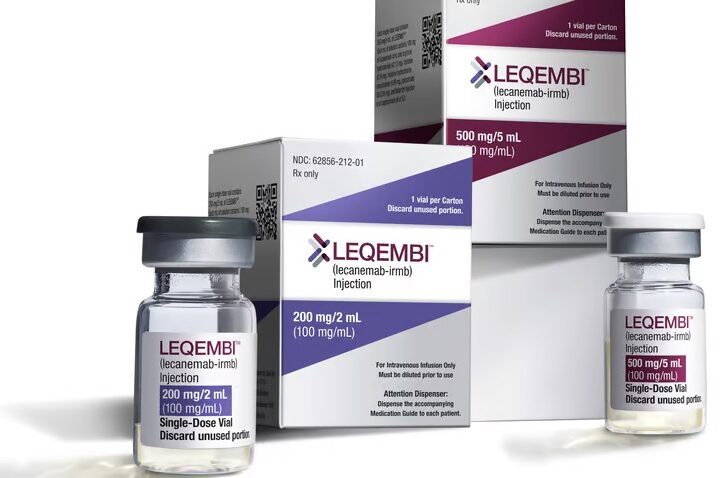Despite FDA approval in the U.S., European regulators decided to turn down Eisai and Biogen’s Alzheimer's anti-amyloid drug Leqembi.
On July 25th, European regulators said no to Eisai and Biogen’s anti-amyloid drug Leqembi for early stage Alzheimer’s. The European Medicines Agency (Europe’s version of the U.S. Food and Drug Administration) said that the small impact the drug had on slowing cognitive decline did not outweigh its risk of the side effects of brain swelling and brain bleeding.
“The benefits of treatment are not large enough to outweigh the risks associated with Leqembi,” the regulators wrote in a statement on their July decision.
Drugmakers Eisai and Biogen released a statement saying they were “extremely disappointed” by the decision. Eisai and Biogen intend to ask the agency to re-examine the decision.
Leqembi was approved for treating the early stages of Alzheimer’s disease in the U.S., Japan, and China last year. Even then, clinicians had conflicting opinions about the drugs safety and effectiveness.
The data behind the EMA’s decision
The Leqembi clinical trial measured the patient’s disease progression using a standardized 18-point dementia scale over the course of 18 months.
Participants in the placebo group declined by a total of 1.66 points while participants who received the drug only declined by 1.21 points. The difference of 0.45 points amounts to a relative slowing of cognitive decline by 27 percent.
One in five patients taking the drug developed brain swelling or brain bleeding (known as ARIA)— patients with two copies of the ApoE4 “Alzheimer’s gene” variant were at the highest risk. Although most cases were asymptomatic, researchers don’t know the long term impact of ARIA.
Researchers also raised concerns that patients taking the drug showed more brain shrinkage, a sign that’s usually associated with decline in diseases like Alzheimer’s.



